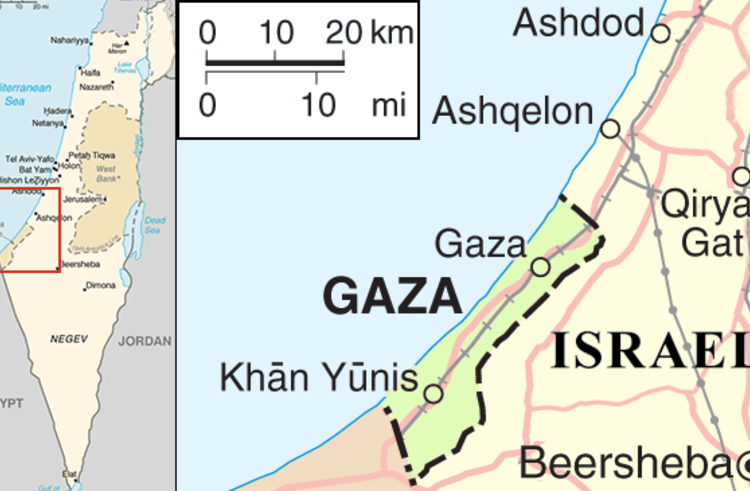Protests erupt as Russia’s influence in Georgia grows
- Georgians protest against a restrictive new political-funding law
- Protesters clash with riot police in Tbilisi
- Bill requires political or civil groups receiving a fifth of their funding from abroad to be labeled as “foreign agents”
- Russia has used a similar law to sideline opposition and civil-society groups
- Georgian Dream party accused of moving in an authoritarian direction aligned with Russia
- Bill threatens violators with significant fines
- Georgia seeks to join the European Union while managing Russia’s attempts to maintain influence
- Pro-European sentiment is high in Georgia
- Legislation faces opposition in Parliament
- Critics argue that the bill could hinder Georgia’s prospects of joining the EU
Protests have erupted in Georgia as government opponents rally against a proposed political-funding law that they believe is an attempt by Russia to export its legal standards to former Soviet Union countries. The bill requires political or civil groups that receive a fifth of their funding from abroad to be labeled as "foreign agents," a move similar to Russia’s use of a similar law to sideline opposition and civil-society groups. The ruling pro-Moscow Georgian Dream party is accused of moving in an authoritarian direction aligned with Russia, threatening Georgia’s aspirations to join the European Union. Despite tensions, pro-European sentiment remains high in Georgia, with polls showing that over 80% of Georgians favor joining the EU. The bill faces opposition in Parliament, with critics arguing that it could hinder Georgia’s prospects of joining the EU.
Factuality Level: 7
Factuality Justification: The article provides a detailed account of the protests in Georgia against a new political-funding law and the potential implications of the bill. It includes quotes from various experts and stakeholders, offering different perspectives on the situation. The information presented seems to be well-researched and based on factual events. However, there are some opinions expressed by individuals that could be seen as biased, and the article lacks a more in-depth analysis of the political context in Georgia.
Noise Level: 3
Noise Justification: The article provides a detailed and relevant analysis of the political situation in Georgia, discussing the implications of a new political-funding law and its potential impact on the country’s relationship with Russia and the EU. It includes insights from political analysts, critics of the bill, and supporters, offering a balanced view of the situation. The article stays on topic and supports its claims with examples and quotes from experts. Overall, it provides valuable information and sheds light on a complex geopolitical issue.
Financial Relevance: No
Financial Markets Impacted: No
Presence Of Extreme Event: No
Nature Of Extreme Event: No
Impact Rating Of The Extreme Event: No
Rating Justification: This news article does not pertain to financial topics and does not describe any extreme events.
Private Companies: Georgian Dream party
Key People: Irakli Kobakhidze (Georgian Prime Minister), Salome Zourabichvili (President of Georgia), Kornely Kakachia (Political scientist at Ivane Javakhishvili Tbilisi State University), Natalie Sabanadze (Senior research fellow at the Russia and Eurasia Program at Chatham House), Dmitry Peskov (Kremlin spokesman), Emil Avdaliani (Professor of international relations at European University in Tbilisi)
 www.wsj.com
www.wsj.com 




